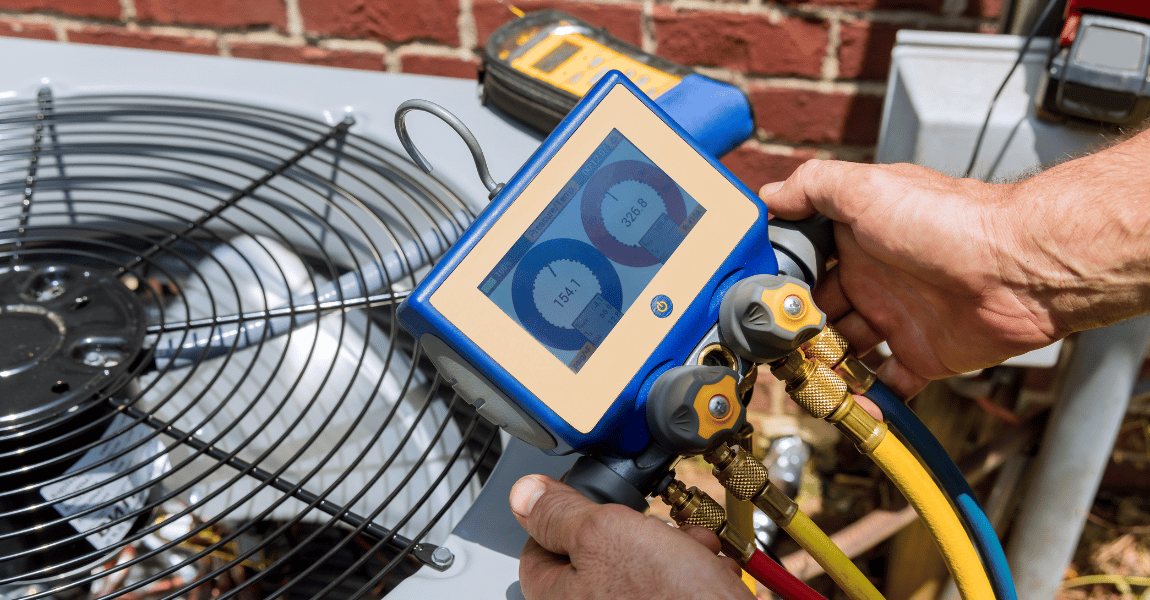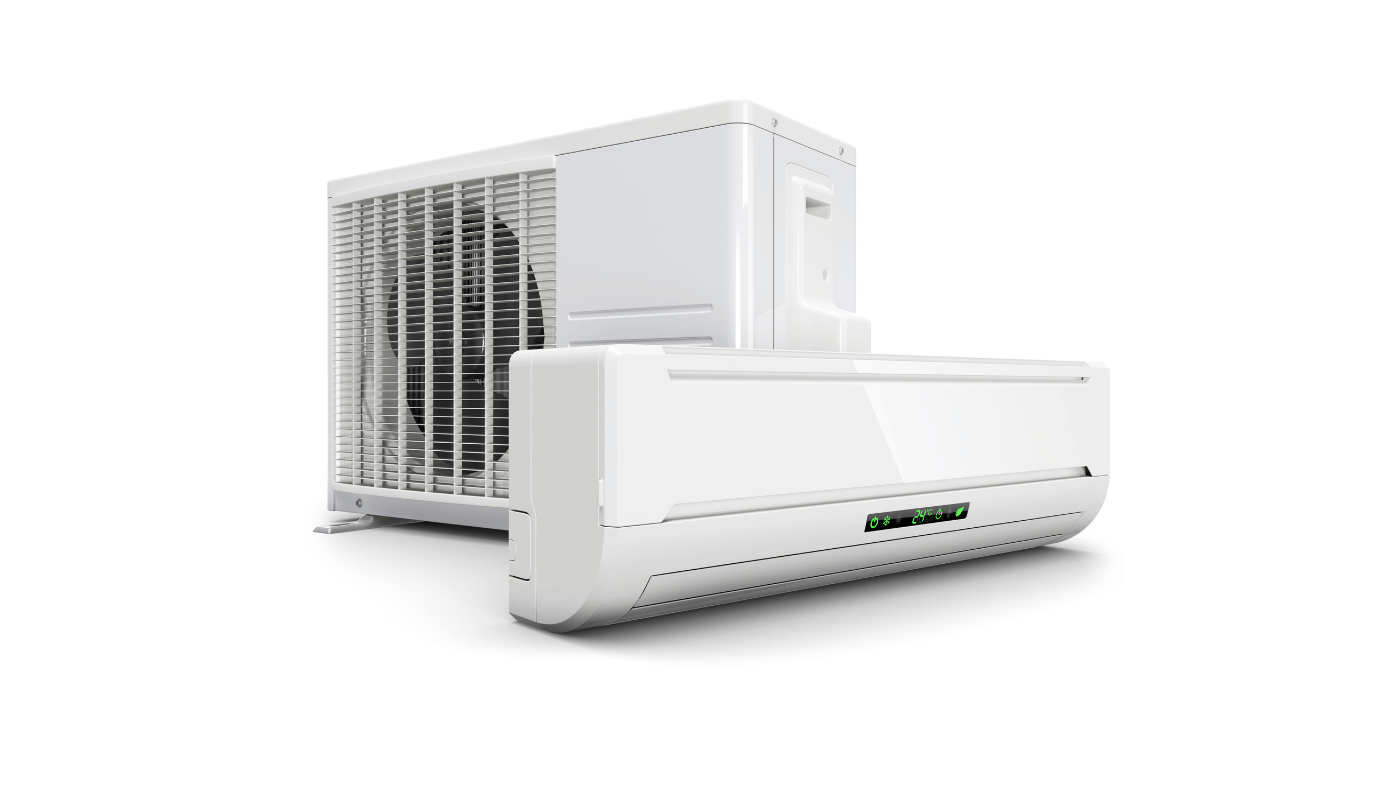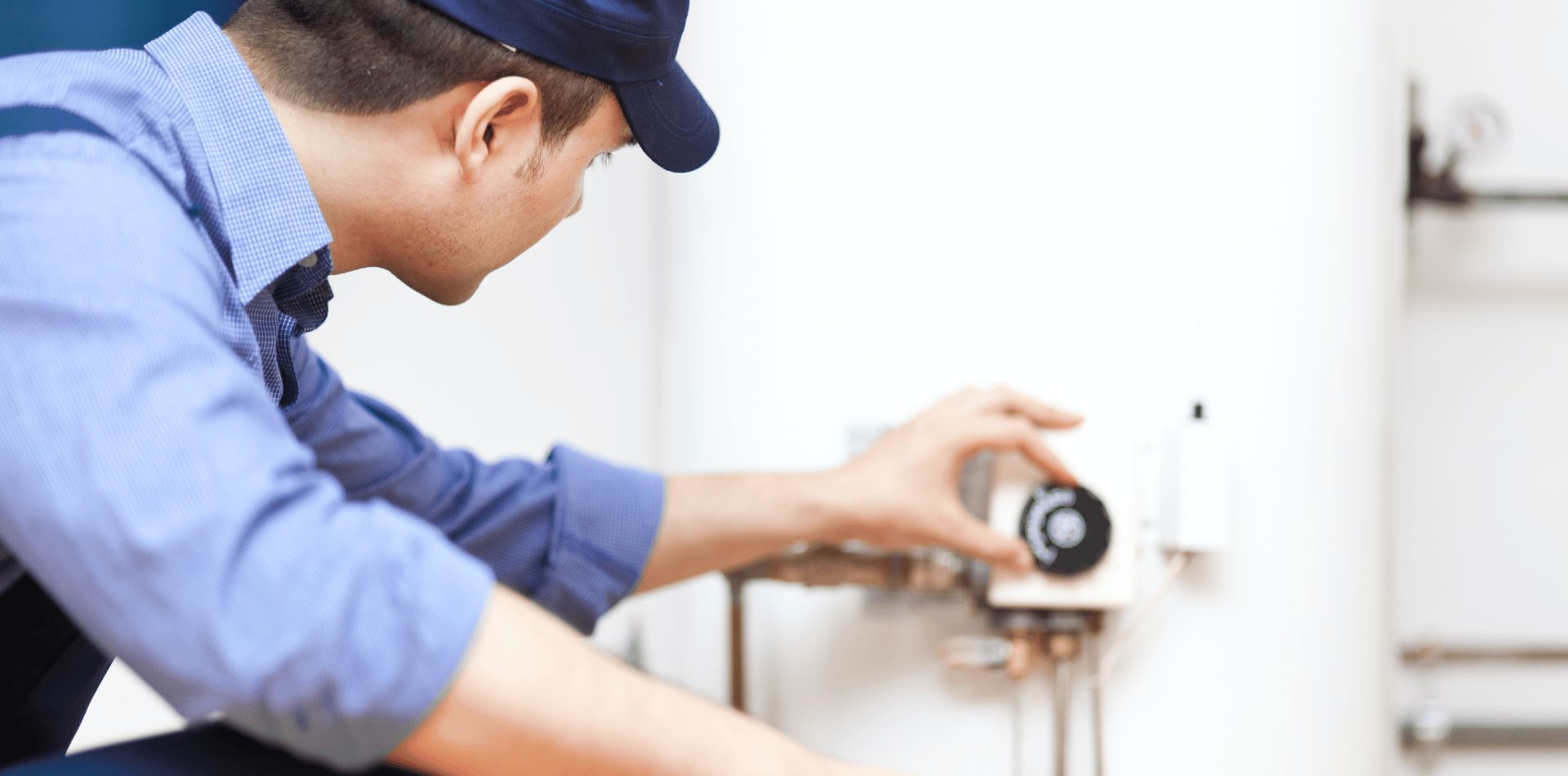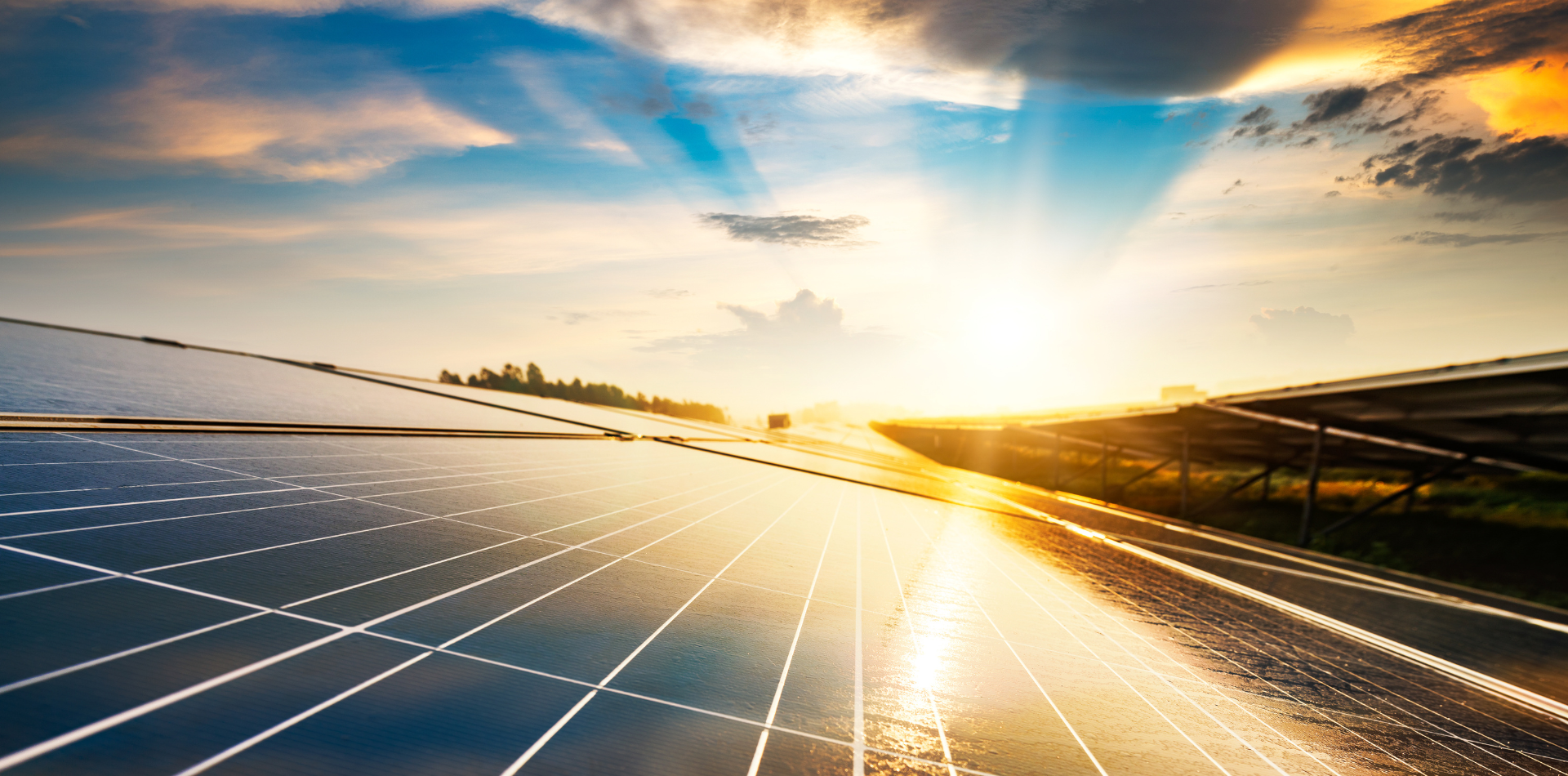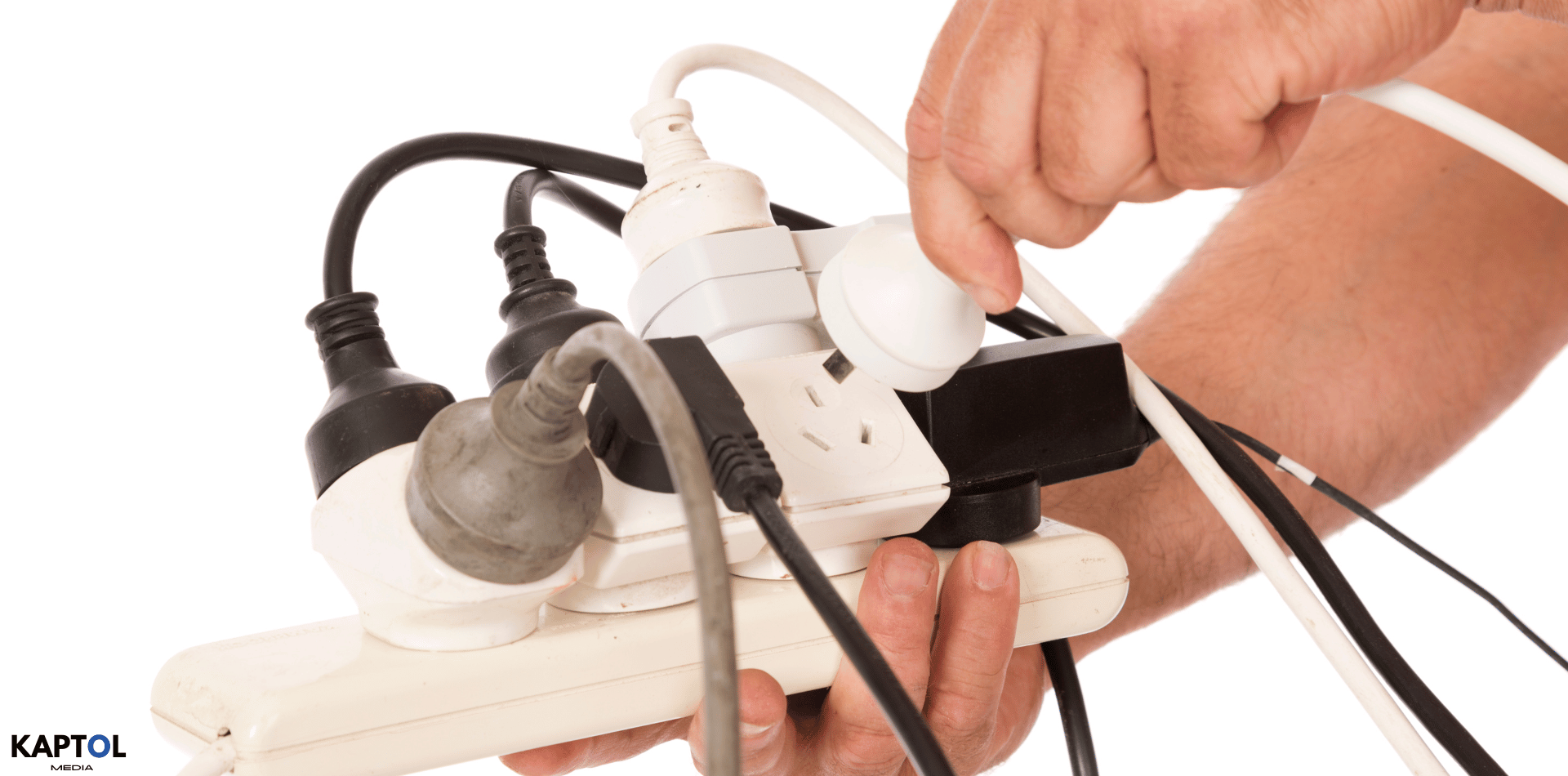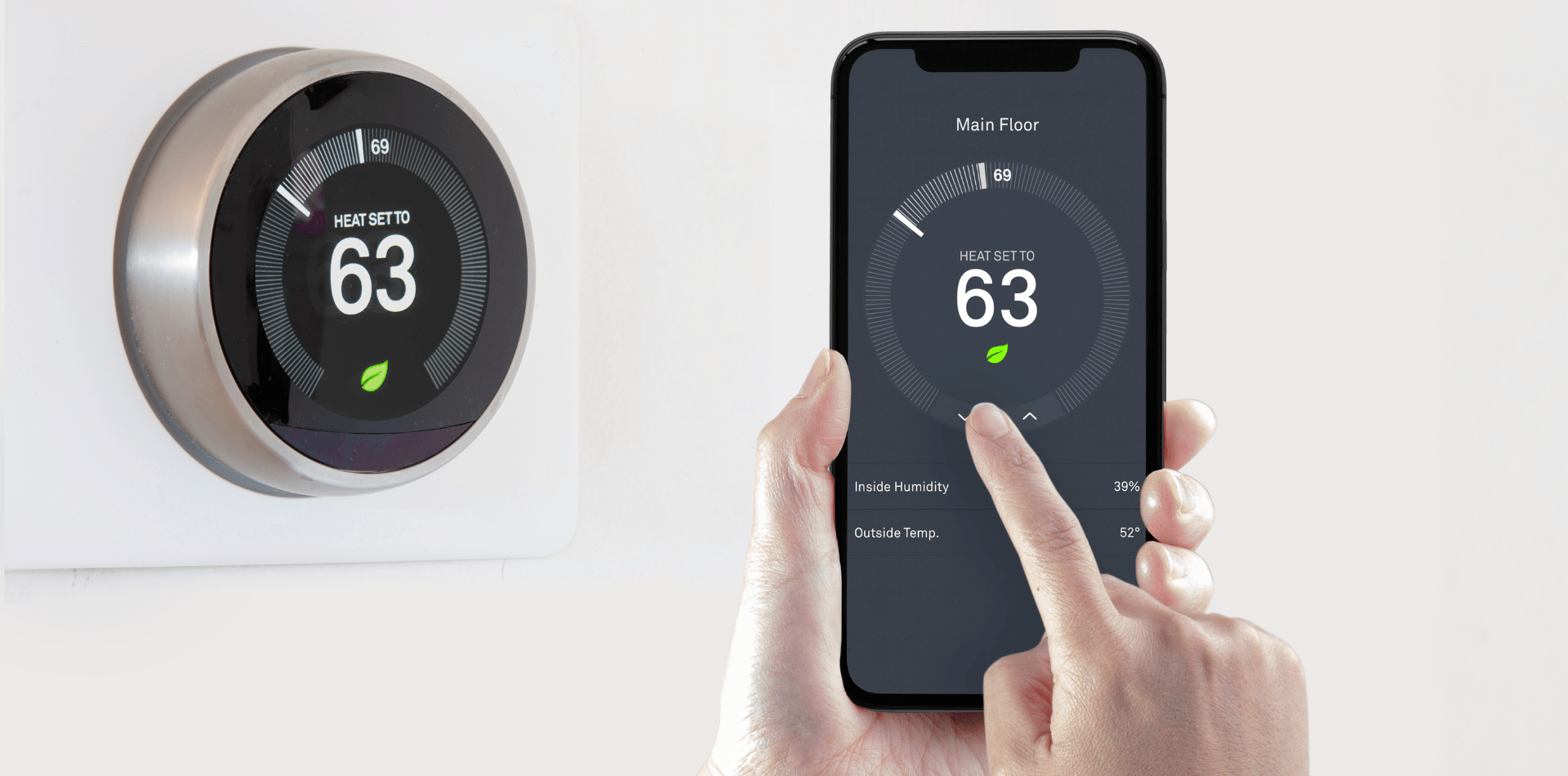Everything You Need to Know About Hot Water Services
Hot Water Services: Everything You Need to Know!
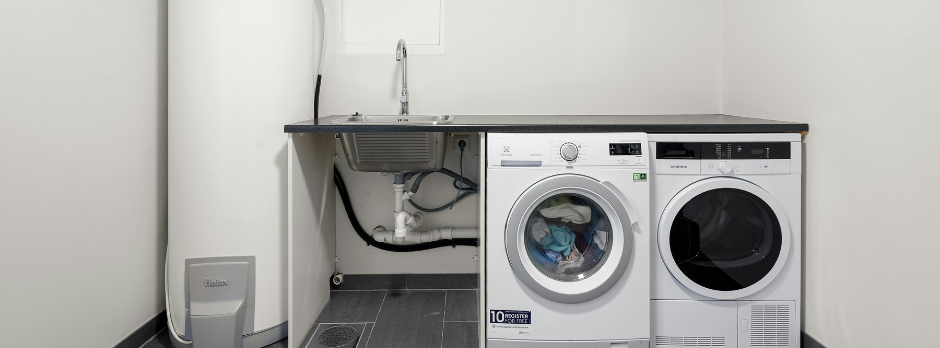
Hot water is something most of us take for granted—until it’s suddenly not there.
Whether you’re stepping into a cold shower, trying to wash dishes with icy water, or waiting forever for the tap to warm up, a malfunctioning hot water service can throw off your whole day.
But what exactly is a hot water service?
How does it work, what types are available, and how do you choose the best one for your home or business?
In this guide, we’ll walk you through everything you need to know about hot water systems, from types and efficiency to maintenance and replacement.
What Is a Hot Water Service?
A hot water service refers to the system installed in your home or commercial property that heats water for domestic or business use. It includes the unit that heats the water, the pipes that deliver it, the valves, thermostats, and often the storage tank (in certain types of systems).
Whether you're boiling water for a bath, washing clothes, or cooking, your hot water service plays a crucial behind-the-scenes role in everyday life.
Why Hot Water Services Matter
Here are some reasons hot water systems are a non-negotiable part of modern living:
- Comfort – Nobody enjoys a cold shower, especially in winter.
- Health & Hygiene – Hot water helps eliminate bacteria and improves cleanliness.
- Convenience – Efficient systems deliver hot water instantly or near-instantly, saving time.
- Energy Usage – A poorly functioning system can lead to wasted electricity or gas, hiking up your energy bills.
Types of Hot Water Systems
There are several types of hot water systems available, each with their own pros and cons.
The best option depends on your household size, energy source availability, usage habits, and budget.
1. Electric Hot Water Systems
How they work: These systems heat water using electricity and store it in a tank for use. They can also be instantaneous (tankless), heating only when needed.
Pros:
- Easy to install
- Widely available
- Lower upfront costs
Cons:
- More expensive to run, especially on standard electricity tariffs
- Not environmentally friendly unless powered by solar or green electricity
2. Gas Hot Water Systems
How they work: Use natural gas or LPG to heat water, either instantly or through a storage tank.
Pros:
- Cheaper running costs than electric systems
- Fast heating and recovery rates
- Reliable during power outages
Cons:
- Requires gas supply or gas bottles
- Higher upfront installation costs
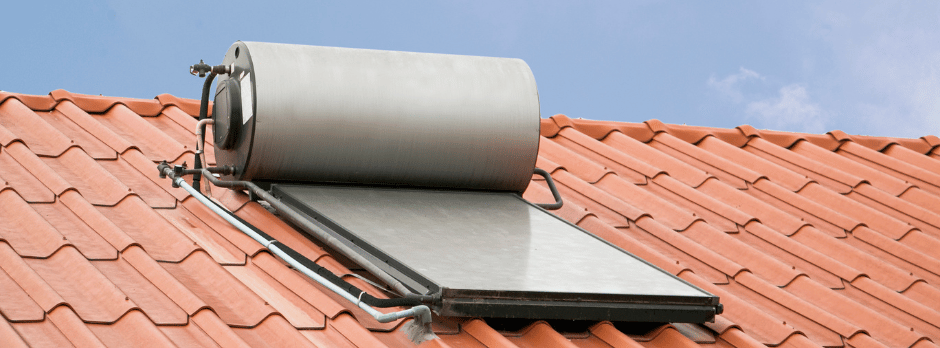
3. Solar Hot Water Systems
How they work: Solar panels (collectors) mounted on the roof capture the sun’s energy to heat water, which is then stored in an insulated tank. A booster (gas or electric) is usually installed for cloudy days.
Pros:
- Lowest running costs
- Environmentally friendly
- Government rebates may apply
Cons:
- High upfront cost
- Dependent on climate/sun exposure
- Installation requires space and planning
4. Heat Pump Hot Water Systems
How they work: These systems work like a reverse refrigerator, extracting heat from the air and using it to heat water.
Pros:
- Energy efficient
- Eligible for rebates in some areas
- Lower long-term running costs
Cons:
- Higher purchase and installation cost
- Noisy operation
- Performance drops in colder climates
Storage vs Instantaneous (Tankless) Hot Water
Another way to categorise hot water systems is whether they store water in a tank or heat it on demand.
Storage Systems
These systems heat and store a quantity of water in an insulated tank. When you use hot water, it draws from the tank, and cold water fills it to be heated.
Best for: Families or properties with high hot water usage throughout the day.
Instantaneous Systems
Also called continuous flow systems, these heat the water as it flows through the unit—no storage involved.
Best for: Smaller households or spaces where energy efficiency and compact size are key.
Factors to Consider When Choosing a Hot Water Service
- Household Size
- Larger families benefit from storage systems with higher capacity.
- Singles or couples might prefer an instant system to avoid standby energy losses.
- Energy Source
- Access to natural gas or strong solar exposure can influence your choice.
- If you're off-grid, LPG or solar may be the only viable options.
- Budget
- Upfront cost vs. long-term savings is a key consideration.
- A cheap system may cost more in the long run due to higher energy use.
- Space Available
- Heat pumps and solar systems require more space.
- Instant systems are compact and wall-mounted, ideal for apartments or tight spots.
- Environmental Impact
- Solar and heat pump systems are the most sustainable.
- Gas systems emit fewer emissions than traditional electric storage heaters.
- Water Usage Pattern
- Do you need hot water at multiple points simultaneously (e.g. kitchen, shower, washing machine)?
- Storage systems may handle multiple outlets better than some instantaneous models.

Energy Efficiency Ratings
Look for the Energy Rating Label on hot water systems.
The more stars, the more energy efficient the system.
In Australia, for example, instantaneous gas systems and electric heat pumps typically have the highest efficiency ratings.
Efficient systems reduce both your carbon footprint and your power bills.
Installation and Legal Requirements
Hot water systems should only be installed by a licensed plumber or qualified technician, especially in Australia where laws and safety standards apply.
Key considerations:
- Location of the system: Outdoor installations may need weather protection.
- Distance to water outlets: The further water has to travel, the more heat is lost.
- Access to gas or electricity lines
- Compliance with building codes and safety standards
Maintenance Tips for Hot Water Services
Regular maintenance extends the life of your hot water system and ensures it runs efficiently.
Here’s how to keep your system in top shape:
1. Annual Inspection
Have a plumber inspect your system yearly. They’ll check for:
- Leaks
- Sediment build-up
- Anode rod condition (in storage tanks)
2. Flushing the Tank
If you have a storage system, flushing it every 6-12 months helps remove sediment that affects heating efficiency and lifespan.
3. Checking the Pressure Relief Valve
This safety valve should be tested every 6 months to make sure it’s functioning properly.
4. Monitor Water Temperature
Too hot? You risk burns and waste energy. Too cold? The system may be malfunctioning.
5. Listen for Strange Noises
Popping or banging noises from a storage tank often indicate sediment buildup.
Common Hot Water Problems (and What to Do)
1. No Hot Water
- Possible causes: Tripped circuit breaker, faulty thermostat, pilot light out
- What to do: Check the power/gas supply and call a plumber if unsure.
2. Rusty or Discoloured Water
- Often a sign of corrosion inside a tank.
- May require anode rod replacement or a new tank.
3. Water Takes Too Long to Heat
- Sediment may be insulating the heating element.
- Could also be an aging system nearing the end of its life.
4. Leaks
- Check valves, fittings, and the tank itself.
- A leaking tank usually means it needs replacing.
5. Fluctuating Water Temperatures
- A faulty thermostat or mixing valve could be the cause.

When to Replace Your Hot Water System
Even the best hot water systems wear out eventually. Here are some signs you may need a replacement:
- The system is over 10–15 years old
- Frequent breakdowns or costly repairs
- Rising energy bills with no other cause
- Corrosion or rust on the tank
- Insufficient hot water for your household
Saving Money on Hot Water
- Install a timer: Especially helpful for electric storage systems to heat water during off-peak hours.
- Use low-flow fixtures: Reduces hot water usage.
- Insulate your pipes: Prevents heat loss.
- Lower the thermostat: 50–60°C is generally hot enough for domestic use.
- Switch to solar: High upfront cost, but low running costs and rebates can make it worthwhile.
Hot Water Services for Commercial Use
In commercial environments—restaurants, hotels, laundromats—hot water systems are even more critical. These systems are often:
- Larger capacity
- High-output continuous flow
- Connected in banks (multiple units working together)
- Backed by service agreements for maintenance and emergency support
If you're running a business, it’s worth consulting a commercial plumbing specialist to design the right hot water system for your needs.
Final Thoughts
Hot water services might not be the most glamorous feature of a home or business, but they’re one of the most essential. Choosing the right system can mean the difference between years of reliable, energy-efficient comfort—or constant headaches and skyrocketing bills.
Before you install or replace your hot water system, take time to assess your usage, space, budget, and long-term energy goals. And remember—professional installation and regular maintenance are key to getting the best performance from your unit.
Whether you go electric, gas, solar, or heat pump, investing in the right hot water service will pay off every time you step into a steaming shower, fill a warm bath, or wash your dishes with ease.
